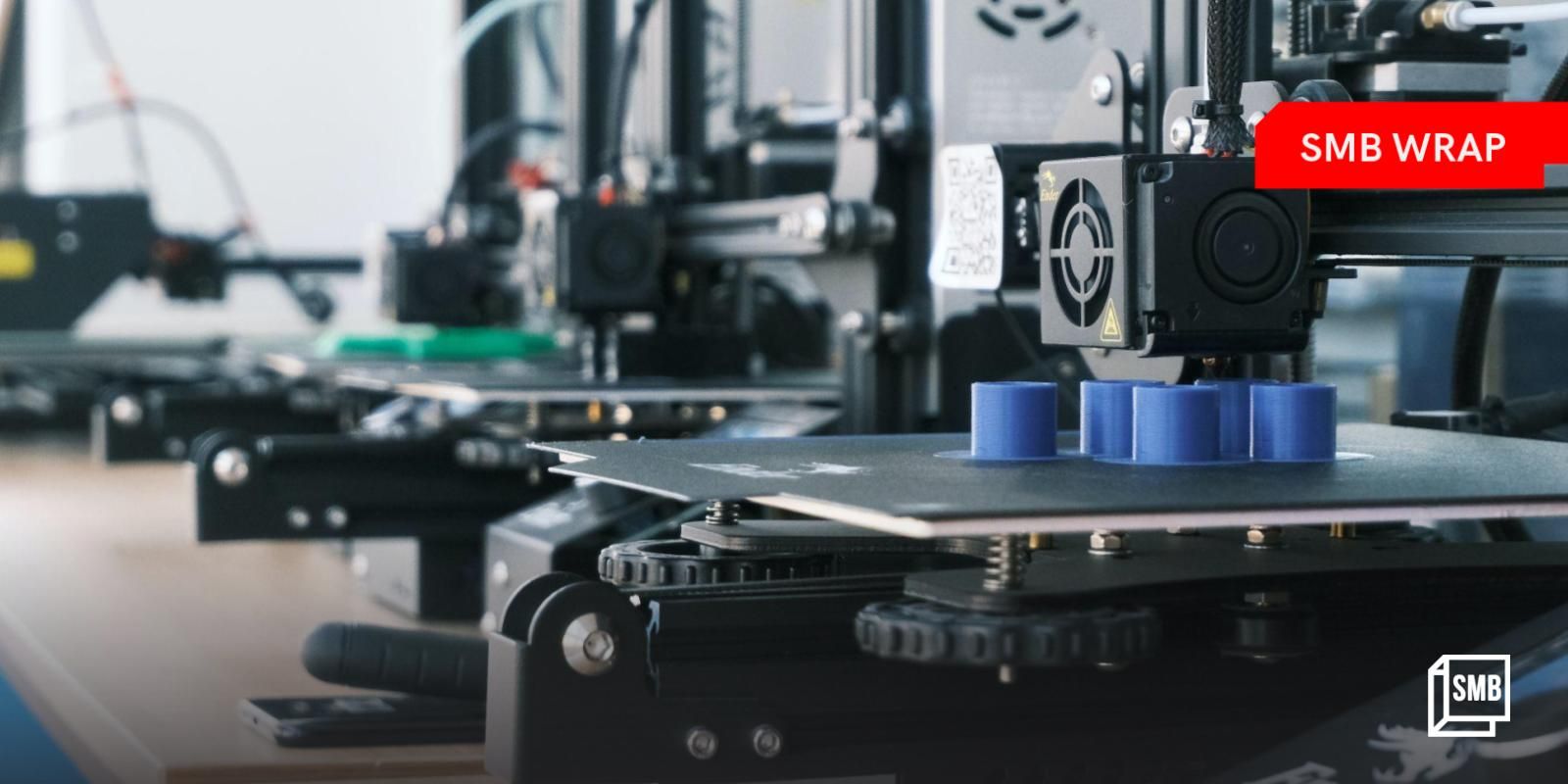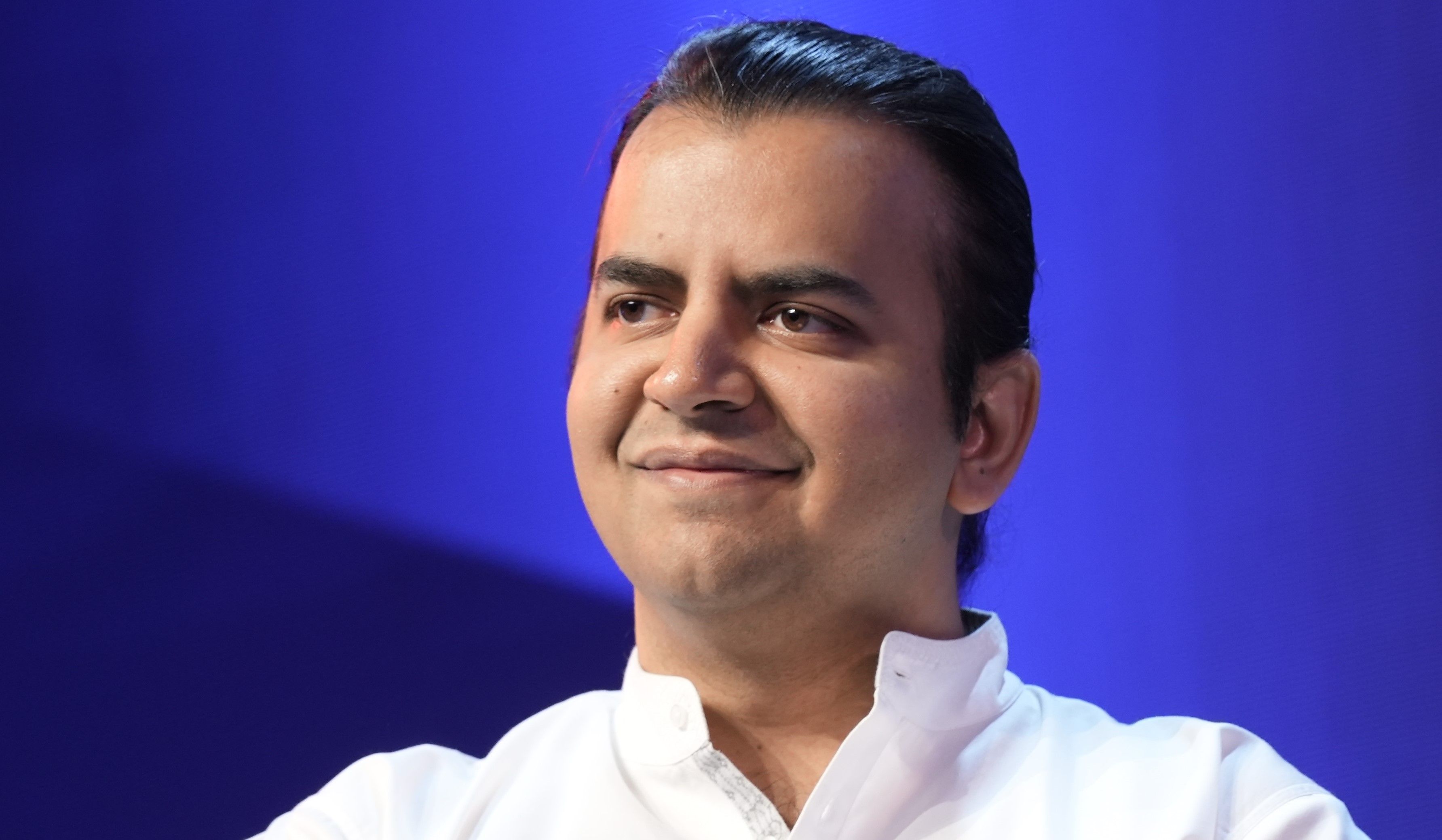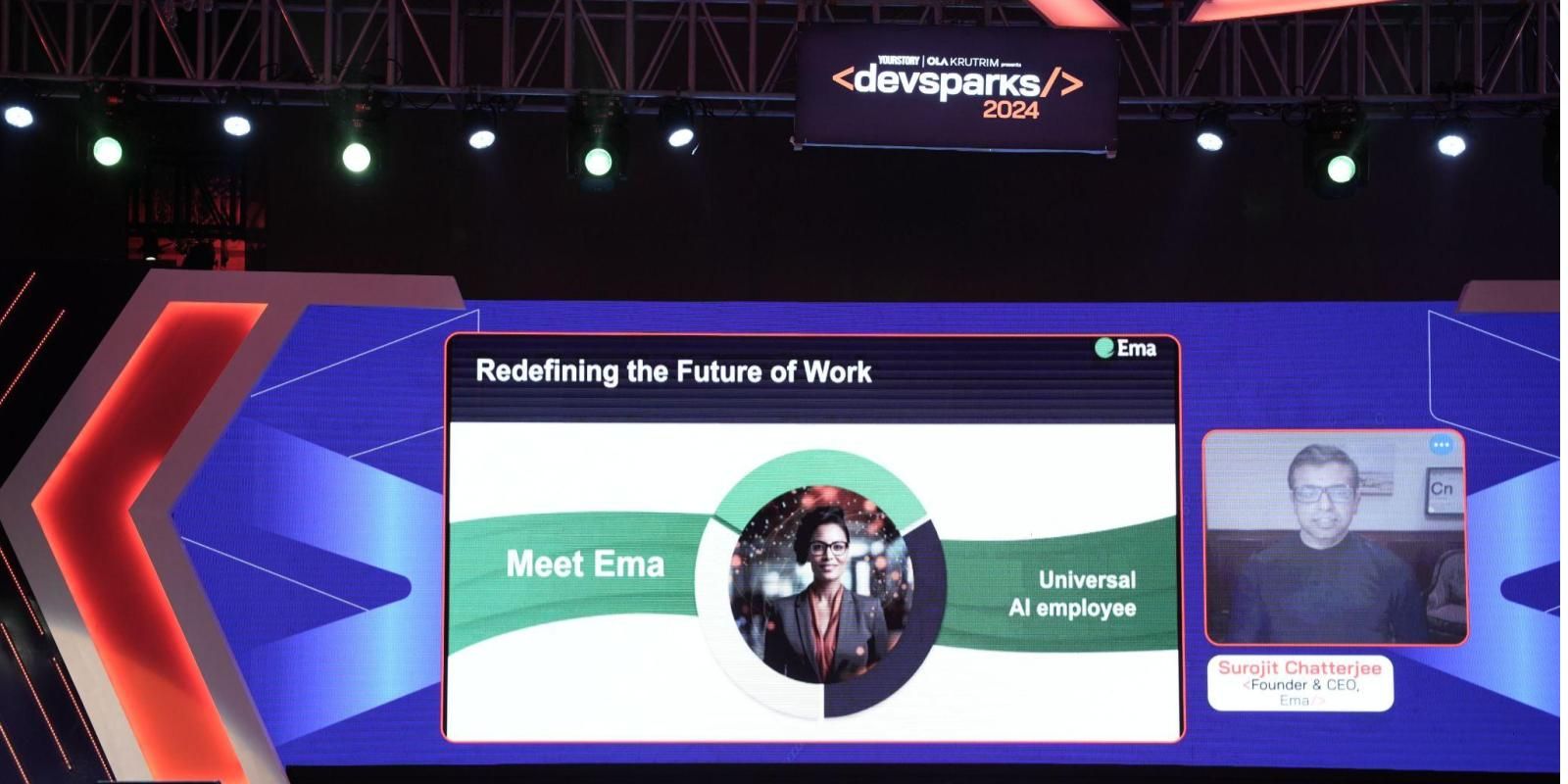Lean Scheme helping MSMEs increase operational efficiency, and other top stories of the week
This week, SMBStory delved into how Lean Scheme can lead MSMEs to global competitiveness, along with other SMB stories.
The Micro, Small, and Medium Enterprises (MSMEs) play a vital role in India's economy, contributing over 33% to the GDP and representing 28% of the manufacturing sector. To support these businesses, the Indian government, along with the Ministry of MSME, introduced the MSME Competitive (Lean) Scheme.
Lean Scheme, based on Japanese manufacturing principles, was launched in India in 2009, with the goal of making Indian MSMEs globally competitive. This scheme aims to boost the productivity, efficiency, and competitiveness of MSMEs by reducing wastage in various processes. However, its visibility and implementation are still low, and many businesses find it challenging to adopt.
Lean Scheme engages business consultants to guide MSMEs in enhancing their operational efficiency. To facilitate this, MSMEs collaborate with the Quality Council of India (QCI), which in turn selects various business consultancy firms to support MSMEs by forming distinct enterprise groups.
Aniket Bagde, CEO of AB Associates in Nashik and a Lean Consultant for MSMEs, says that the Lean Scheme is not merely transactional, but transformational, and aims to minimise waste and enhance profitability.
Arbhu Enterprises

Arbhu Enterprises, involved in areca plate manufacturing, has shipped 20 million plates to businesses in the US and the UK. Registered in 2018, the company recognised small clusters in the villages of Tamil Nadu and Karnataka where areca plates are manufactured.
The founders identified gaps in these facilities, recognising opportunities to enhance efficiency, improve product quality, introduce quality checking processes, advance technology, and upgrade machinery.
“Instead of just being buyers, Arbhu started investing in these factories. We initially started working with three factories in Tamil Nadu, and now we have a network of four factories and many smaller clusters where our products are manufactured,” says Subodh.
Working on its B2B model, Arbhu made a revenue of Rs 35 lakh in 2019-20, which grew to Rs 1.5 crore and Rs 5 crore in the subsequent years. The company’s revenue stood at Rs 7.5 crore in FY23.
Other than areca plates and cutleries, Arbhu has expanded its product line to include bamboo brushes, straws, paper cups, neem wood comb, coconut bowls, and other eco-friendly products. To make bamboo-based products, it has invested in a firm in Tripura and it works with manufacturing facilities in Uttar Pradesh to make paper products. It also collaborates with factories in Gujarat to make baggase plates (made from sugarcane).
Gioia

D2 International Pvt Ltd is a 30-year-old manufacturing company based in Kolkata. It exports leather goods to global brands such as Harrods, Galeries Lafayette, Anya Hindmarch, and Emporio Armani. With the aim to venture beyond catering to foreign brands, the company launched Gioa, a brand tailored for the domestic market.
Gioia is leveraging the legacy of its parent company in manufacturing capabilities and craftsmanship to address the existing gaps in India’s luxury leather segment.
"Our mission has been to reshape the perception of ‘Made in India’. Today, foreign brands are impressed by the exceptional quality we consistently deliver. They acknowledge the level of luxury we are capable of producing. Gioia is another step to fulfill this mission," Vashisht says.
Within a year of its launch, Gioia opened its first flagship store in Kolkata at the Netaji Subhas Chandra Airport. Subsequently, it expanded its presence to Mumbai by inaugurating a second store at Phoenix Market City Mall in April 2023. The brand is now gearing up to establish its third store in Bengaluru.
Edited by Megha Reddy










